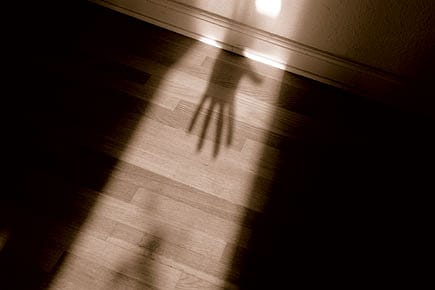Unsafe Harbour

AFTER YOUR HOME, the space where you expect most to be safe is the place of work. But at home, you choose your security and in the workplace, someone else is doing it for you. If you feel insecure there, concern is justified and necessary. Doctors going on strike after the murder and rape of one of them in a government hospital in Kolkata is understandable. The gruesome nature of it, combined with where it happened and who it happened to, has led to a nationwide agitation by the fraternity.
Such a crime might be rare but something far more common that doctors have to contend with is angry relatives of a patient who died turning violent. You do not sign up in this profession to deal with such occurrences. There are special laws in most states to protect doctors but their deterrence value is questionable. The Indian Medical Association, after the present case, asked for a unified central law but that is just more paperwork. It might assist in action after the crime but do very little for preemption. It does not make the working conditions that lead to safety any better.
The murder might be the immediate trigger for the snowballing of the issue nationally but underpinning it is the living experience of junior doctors in the medical system. You only have to go to a government hospital to know the environment they work under. Most are dingy and overburdened with many patients and too few doctors, hygiene is wanting, equipment is lacking, and the aesthetics make these spaces as unwelcome as possible. On top of that, junior doctors are terribly underpaid. A few decades ago, medicine and engineering were the choices before any student with above average intelligence. Now, medicine is not often on the list. It takes too many years with very little initial reward. Plus there is a layering of government regulations that make it compulsory to do rural work, which is fine, except that they do not insist on it for management graduates or chartered accountants. If you want to specialise, which is the only hope any medical professional has of making a rewarding career, then by the time your education ends, you are already in your mid-20s while peers in other professions are settled abroad.
Imran Khan: Pakistan’s Prisoner
27 Feb 2026 - Vol 04 | Issue 60
The descent and despair of Imran Khan
In developed countries, the timeline is similar but once the hard work is done, the pay is good and, more importantly, there is enormous social currency and respect. Having failed to provide infrastructure, recognition or reward, the minimum a young doctor can expect in India is to work without fear. That seems somewhat broken with the murder in Kolkata. It was exacerbated by clumsy coverups, like the parents initially being informed by the hospital that the death was a suicide. The response to the agitation should not be more laws because they only serve to distract from the real issues of putting in enough resources into the health sector that make hospitals better and safer places to work in, and medicine a more paying profession for those starting out.
